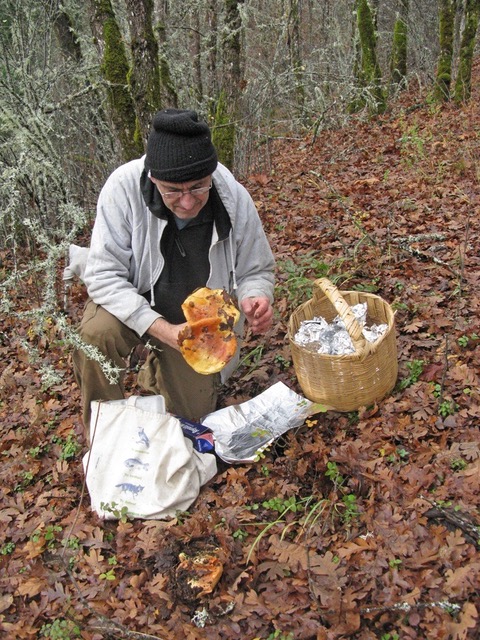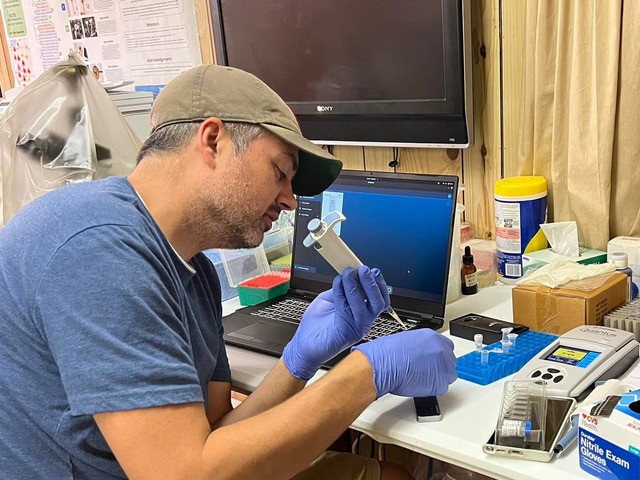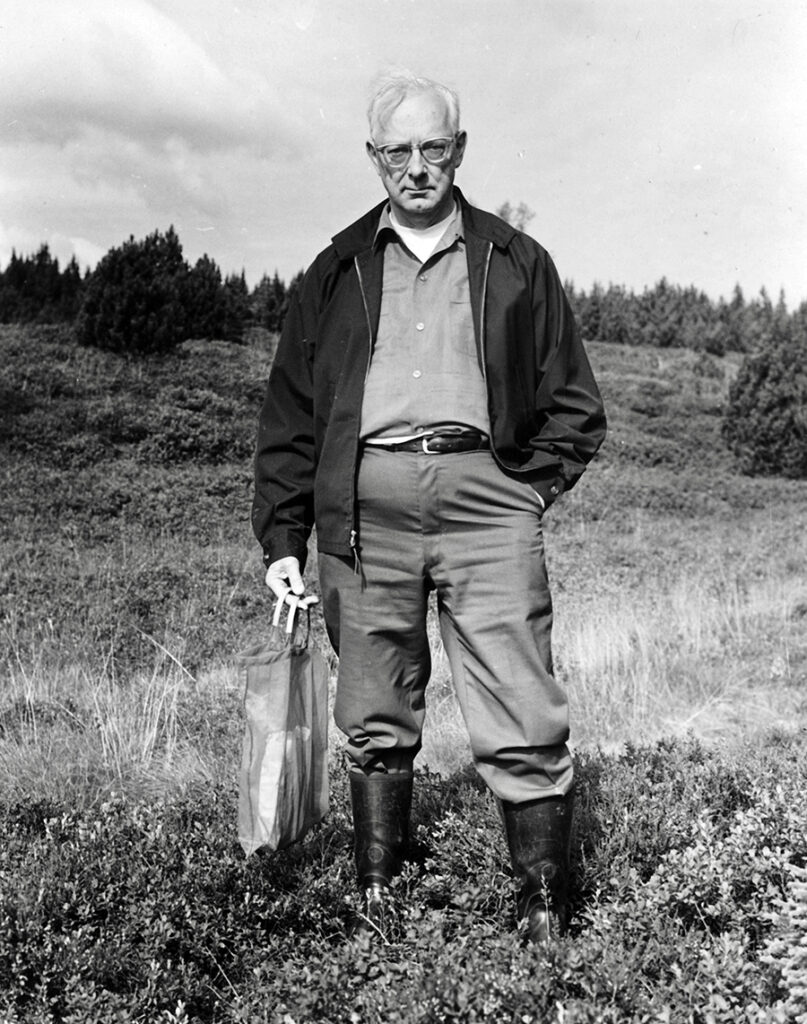The Stuntz Mycology Fund grant program provides financial support for mycological research and education in the Pacific Northwest (PNW).

Priorities
Priority will be given to projects involving mushroom-forming fungi (“macrofungi,” “macromycetes”), as they were the focus of Dr. Stuntz’s research.
What we will consider
Equipment, supplies and analytical services for mycological research
Registration and travel for students to attend conferences in which they are presenting results of projects funded by the Stuntz foundation
Materials and supplies for myco-education
Limited expenses for travel for fieldwork
Expenses for fungal herbaria
Geographic focus
The Pacific Northwest. We define this area as Washington State, Oregon, Idaho, western Montana, southwest British Columbia, and southeast and south-coastal Alaska. Applicants not residing in the PNW may apply, provided their research involves PNW fungi.
Average grant size
Average range is $1,000 to $6,000. Requests for $1000 or less will be considered year-round. Those asking for more than $1000 will be considered at our bi-annual board meetings.
Deadlines – for requests of more than $1000
March 1st – Notifications sent by late April.
October 1st – Notifications sent by late November.
Budget
A proposed budget must be part of each grant application. Budgets should include sufficient detail, such as descriptions of items, numbers of samples, quantities required, unit costs, and total costs, to allow reviewers to clearly understand the request and to be able to match the budget details with the description of the proposed activities.
Letters of Reference
Applicants must include one or two letters of reference from colleagues, instructors, faculty advisors, or employers who can speak to the applicant’s abilities.
Allowable costs could include items such as:
Expendable supplies
Laboratory analyses
Equipment
Expenses to attend conferences (We encourage students to also seek support from the conference organizers and their home institution).
Travel expenses, limited to road mileage at $0.31/mile, and sometimes camping fees.
Honoraria for visiting guest speakers.
Compensation for non-salaried individuals such as undergraduate students assisting as part of their curriculum will sometimes be considered.
SMF favorably views projects that are lean and/or will obtain additional funds from other sources.
Restrictions
We do not accept applications for the following:
For-profit organizations or commercial companies
Salaries
Institutional overhead
Federal or institutionally set mileage and per diem rates for travel
Page charges
Applications from outside the Pacific Northwest (PNW)
(except in cases when the research is focused on PNW fungi)
College or university tuition


The Dr. Patricia Allynson Winter Fund
The Pat Allynson Winter Fund comprises a significant portion of the Stuntz Foundation’s resources. The late Dr. Winter directed that grants from this Fund reflect her expressed priorities. Her primary purpose was to support female graduate students in mycology who plan to pursue a career in teaching. According to her wishes, grants from this fund are to be awarded in this order of preference.
Applicants wishing to apply to the Pat Winter Fund may use the same grant guidelines and application forms as those described above.
Female students of mycology who plan to continue in teaching.
Other students and post-doctoral fellows of mycology,
General support of mycology classes or activities,
Support for visiting lecturing professional mycologists,
Amateur mycologists and support of their activities.
Application Procedures
Please contact the Grants Manager by email with either a letter of inquiry or your application.